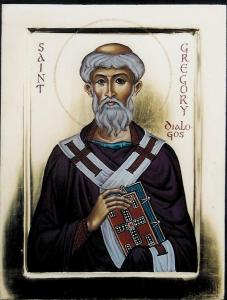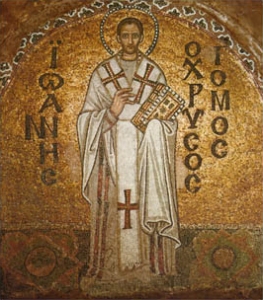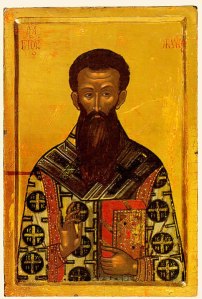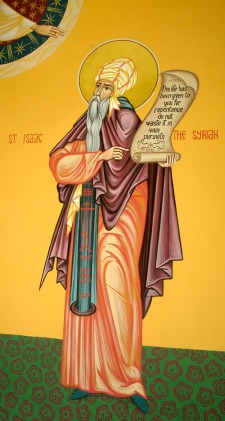 Speak that by hearing those whom you address may believe, and that belief may give them hope, and hope inspire them to love
Speak that by hearing those whom you address may believe, and that belief may give them hope, and hope inspire them to love
In everything we say we should bear in mind that the purpose of our instruction is to arouse the love that comes from a pure heart, and clear conscience, and a genuine faith.
This is the end to which we should relate all our words, and toward which we should also move and direct the thoughts of those for whose instruction we are speaking.
The chief reason for Christ’s coming was so that we should know how much God loves us, and knowing this be on fire with love for him who loved us first, and for our neighbour at the bidding and after the example of him who became our neighbour by loving us when we were not his neighbours, but had wandered far from him.
Moreover, all inspired Scripture written before the Lord’s coming was written to foretell that coming, and all that was later –committed to writing and ratified by divine authority speaks of Christ and teaches us to love.
It is clear therefore that upon these two commandments, love of God and of our neighbour, depend not only the whole of the Law and the Prophets, which was all that made up holy Scripture when the Lord spoke these words, but also all the divinely inspired books which were later written for our salvation and handed down to us.
In the Old Testament, then, the New is concealed, and in the New the Old is revealed. Insofar as the New Testament is concealed, worldly people, who interpret Scripture in a worldly way, are now as in the past subject to the fear of punishment.
But insofar as the Old Testament has been revealed, spiritual people, who interpret Scripture spiritually, are set free by the gift of love; that is to say, both those of old to whose devout knocking hidden things were made known, and those of today who seek without pride, for fear that even what is manifest may be hidden from them.
And so, since nothing is more contrary to love than envy, and the mother of envy is pride, to cure our boundless conceit by a more powerful antidote, the Lord Jesus Christ, God and man, became both the proof of God’s love for us, and the example of humility among us. Great is the misery of human pride, but even greater is the mercy of divine humility.
With this love before you, then, you have something to which you may relate everything you say; so speak that by hearing those whom you address may believe, and that belief may give them hope, and hope inspire them to love.
Augustine of Hippo (354-430): De catechizandis rudibus I, 6-8 (CCL 46:124, 126-128); from the Monastic Office of Vigils, Wednesrday of the 21st Week in Ordinary Time, Year 2.
 Differently to be admonished are the humble and the haughty.
Differently to be admonished are the humble and the haughty. Prayer is a joy that gives place to thanksgivings.
Prayer is a joy that gives place to thanksgivings. January 17th is the feast of
January 17th is the feast of 












